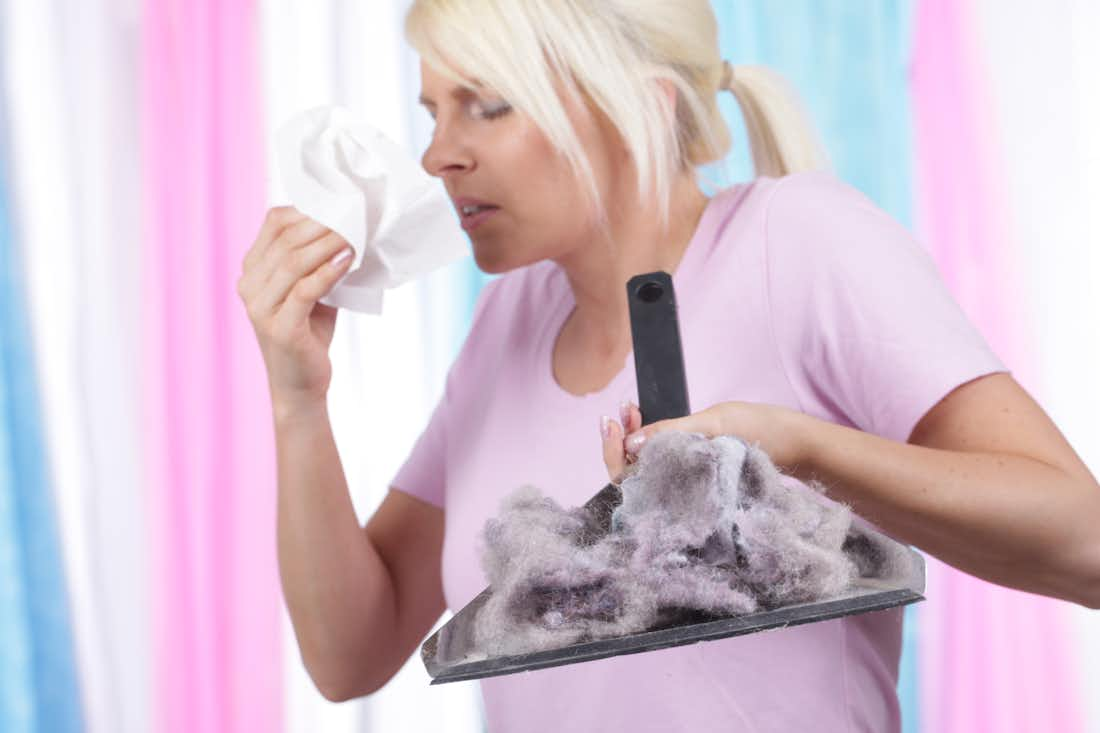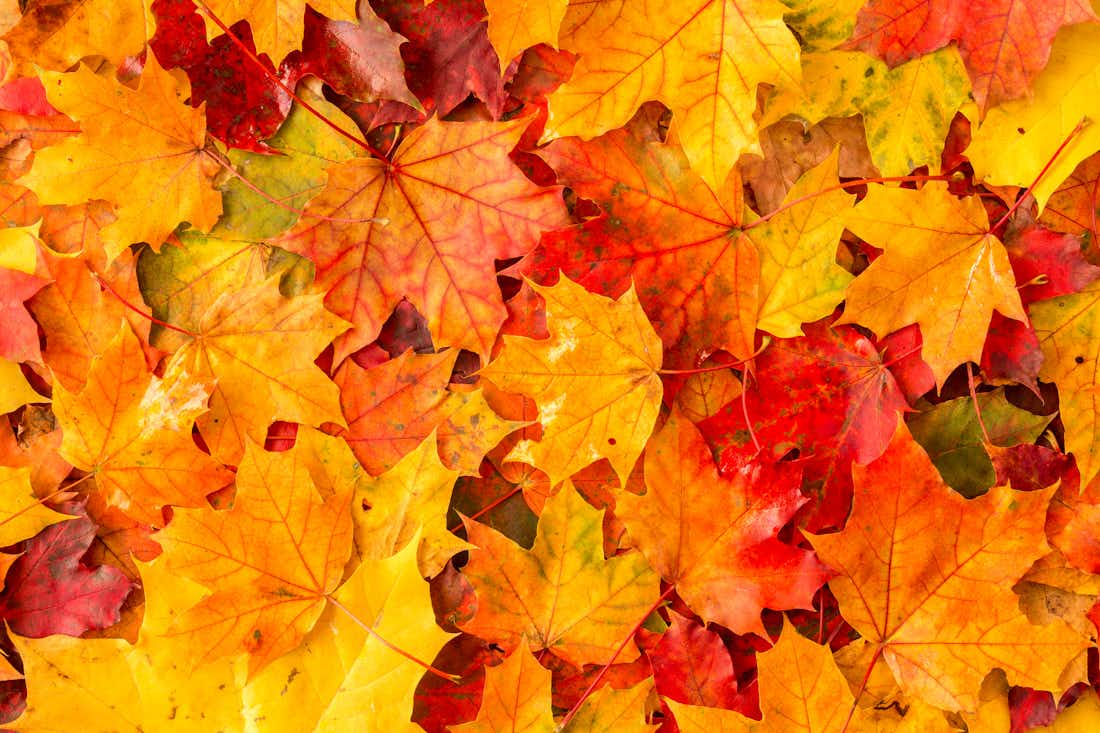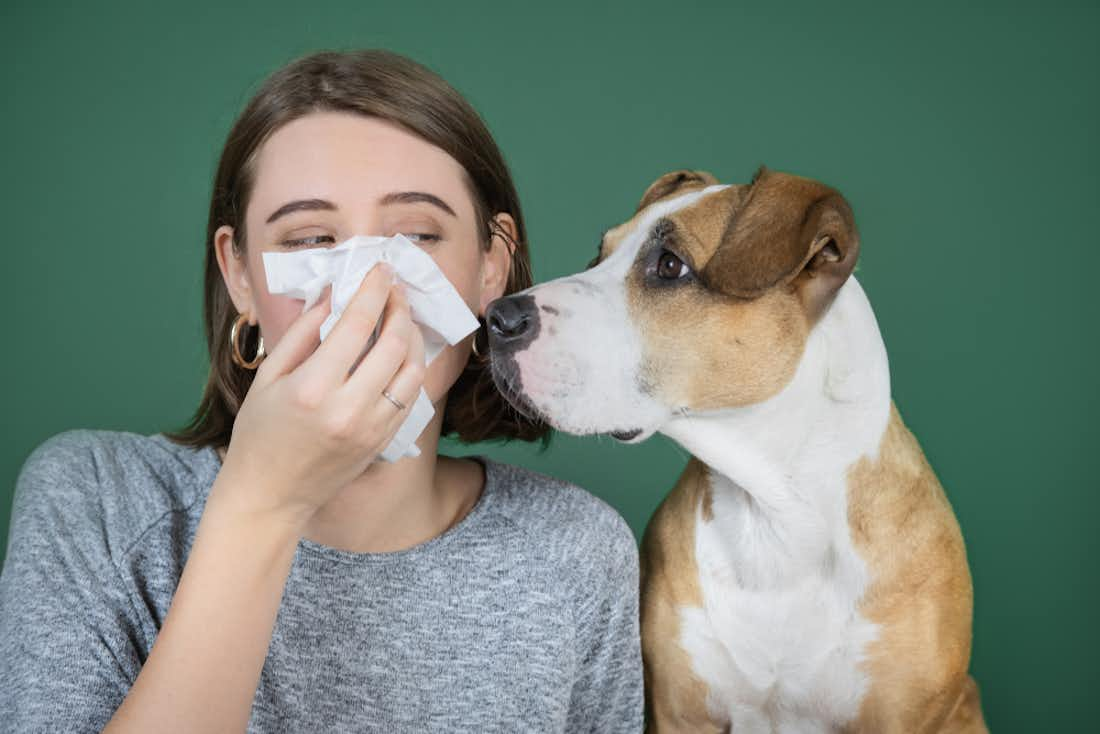Aug 16, 2022
What Coughing Up Yellow Phlegm Means
5 minute read
Coughing is one of the first indications that you might be getting sick, in one way or another. You cough when you’ve got a cold or the flu. You cough when you’ve inhaled too much smoke or other particles. And you cough when you’ve got allergies. It’s essentially your body’s way of letting you know it’s time to take some action.
If you have ever had a sinus infection, odds are it's probably accompanied by a fever, a sore throat, headaches, a runny nose, a cough, and yellow phlegm.
While most coughs are dry and don’t come with any excess mucus, some of them might shoot up some yellow or green fluid from your throat. While it might be unsightly to look at, your phlegm can actually tell you a lot about your current health status.
So let’s take a look at everything you need to know about coughing up yellow phlegm, including when to see a doctor and how to alleviate your coughs fast.
What Is Phlegm?
The word “phlegm” is probably one of the worst words in the entire English language, right behind “moist” and “squelch.” But oddly enough, we couldn’t think of a better word to describe what this stuff actually is.
Your body’s immune system is one of the first lines of defense against foreign invaders such as allergens, bacteria, and viruses. As a result, it uses a thick substance called mucus, or sputum, to trap germs and contaminants and prevent them from entering your bloodstream. Many parts of your body contain mucus, but it’s most abundant in your airways, such as your nose, throat, sinuses, and mouth.
However, your lungs and lower airways contain a special type of mucus that protects your breathing tract from pollution and other contaminants. This special mucus is what we know as phlegm.
Phlegm by itself is composed of just water, salt, and other cells. For that reason, having clear phlegm is completely normal, and you might see some if you cough now and then just to dislodge some specks of dust or clear your throat.
However, certain conditions can change the color of phlegm. While not all colors are cause for concern, it’s important to know what each might indicate.
What Does My Phlegm Color Mean?
When you become sick due to a bacterial or viral infection, phlegm can thicken and change color as the body tries to fight off these invaders. Here are what some of your phlegm colors might be telling you.
Yellow Phlegm
If you cough up some yellow phlegm, it’s likely a sign that your body is fighting off a mild infection. When confronted with infection-causing bacteria, your body releases white blood cells to attack. As these cells get picked up in the mucus, they can cause it to have a yellowish hue.
While it might seem strange that white blood cells cause yellow phlegm, the color is due to certain enzymes such as myeloperoxidase, which fight off infection.
Green Phlegm
Sometimes, phlegm might look a bit more green than yellow. If this is the case, it might be a sign that your body is fighting off a more serious infection, such as a virus. Despite its alarming color, it’s usually an indication that the body is just doing its job.
Red or Pink Phlegm
If you ever cough up something that sort of looks like blood, this is probably an indication that something more severe is going on inside of your body. This is because this color represents bleeding in the respiratory tract and lungs.
You should visit a doctor if you ever cough up blood persistently. However, sometimes blood in the airways occurs due to heavy coughing that breaks the blood vessels in the lungs. This can happen if you’re suffering from a terrible cold or flu, and it usually doesn’t require any special treatment.
However, it may be a sign of a more serious condition like tuberculosis or a pulmonary embolism. Always discuss your symptoms with a medical professional if you are concerned.
Gray or Black Phlegm
Dark pigmented sputum is common in excessive smokers, coal miners, or others who are consistently exposed to breathing in airborne pollutants. Irritants like charcoal can mix with the mucus in your lungs when breathed in, leaving a scary-looking color when it comes back up.
Dark phlegm may also indicate a fungal infection, which is potentially serious if located in the lungs. It’s recommended that you see a medical professional as soon as possible if you are persistently coughing up black sputum.
White Phlegm
White phlegm is usually not a reason to be concerned. More often than not, it represents nasal congestion and sinus activity from factors such as allergies or asthma. When your airways become inflamed, phlegm in the respiratory tract can thicken and take on a whiter, cloudier color.
When Should I See a Doctor?
Your phlegm color alone is usually not enough to let you know when to see a doctor, so you need to use your best judgment.
You probably don’t need to see a doctor for yellow or green phlegm unless your symptoms are severe and persistent. For instance, if your cough is relatively minor and seems to get better after a few days, it’s probably just a common cold. However, if it worsens or is accompanied by symptoms like extreme fatigue or muscle soreness that does not get better in 3-5 days, it might be a more severe infection that warrants a doctor’s examination.
A single occurrence of red or black phlegm may not be cause for concern. But if it happens more than that, seeking medical treatment as soon as possible is recommended. These could be signs of a serious underlying condition.
Some illnesses responsible for phlegm include chronic bronchitis, acute bronchitis, pneumonia, respiratory tract infection, and chest infection.
How Long Does Phlegm Last?
In general, your phlegm will last just about as long as your cough does. For bacterial infections, you can expect to see your cough and phlegm dissipate in 10 to 14 days, even without antibiotic medications. Viral infections can last a bit longer and may keep producing phlegm for up to three weeks.
Finally, phlegm and cough related to allergic reactions can last as long as you are exposed to the allergen. For seasonal pollen allergies, for instance, you may experience these symptoms for the entire fall or summer unless relief medications are used.
How To Fix Your Phlegm
Phlegm is a pretty nasty byproduct of coughing, but there are some great ways to reduce both at the same time. Here are some effective remedies.
Antibiotics, Antivirals, Antihistamines
If your phlegm is due to a bacterial or viral infection, going to a doctor to get a prescription for antibacterial or antiviral medication may be helpful. While they won’t necessarily get rid of your cold or flu faster than your immune system would on its own, these can be highly beneficial for reducing the symptoms of each.
Antihistamines are medications that can be taken to reduce the symptoms of allergies. These can be purchased over the counter, so no doctor’s prescription is necessary—these work by blocking histamine production, which is a chemical that causes allergy symptoms. Cetirizine and Loratadine are two common oral antihistamines that can bring fast relief.
Drink Warm Liquids
One of the best ways to fling away the phlegm is by breaking it up and making it easier for your body to expel. This can be done by loading up on fluids, especially warm ones.
Drinking plenty of fluids like water, tea, or coffee help to loosen congestion and make mucus looser. This allows it to flow more easily. Additionally, it makes it so that each cough eliminates a bit more mucus from your airways than usual. Drinking lots of fluid helps remove even more bacterial and viral particles to help you feel better sooner.
Get Steamy
Taking a nice hot shower when you’re feeling sick and congested is another great way to clear up phlegm. Steam can help to loosen mucus and make it easier for your body to remove.
Similarly, adding humidity to the air can be just as effective. Use a humidifier to bring the relative humidity in your home to around 30-40 percent so that the excess moisture loosens your mucus and helps you breathe easier.
Prevention
Perhaps the best way to alleviate the gross feeling of coughing up phlegm is to avoid getting sick in the first place. While this isn’t always possible, there are mitigation measures that can be taken to keep your main airways clean as a whistle.
For one, especially in the age of COVID-19, it’s essential to wear face coverings in public locations. These can help filter out viral particles and keep you healthy. Additionally, keeping your distance from individuals you know are sick is important, as most bacteria and viral infections are contagious.
Getting your flu shot and other vaccinations can also help prevent sickness. Vaccinations expose your immune system to weak or dead forms of a germ so that your body can create antibodies. If you become exposed to a real version of this germ in the future, your body is then better equipped to fight it off.
Cough It Up
Coughing up phlegm might feel like an unnecessary byproduct of being sick, but you can actually learn a lot about what’s going on inside of your body by taking a look at its color.
If you notice your phlegm is yellow or greenish, it’s likely a sign of a minor infection. The discoloration is due to white blood cells being picked up by the mucus in your lungs, and it typically just means you have a common cold or another type of minor illness.
Other colors such as red or black may warrant something a bit more severe, whereas white phlegm is usually associated with harmless allergies. Regardless, if you’re concerned about the color of your phlegm, it never hurts to meet with a provider.
And the best part? You may never even need to leave your home. If your never-ending coughing results from indoor or outdoor allergies, your online allergist is ready to see you now. See what treatment is right for you with a free allergy consultation.
Sources:
Yellow, red, green. What color is your phlegm | Geisinger
Authors

Dr. Payel Gupta
Medically reviewed by Dr. Payel Gupta



